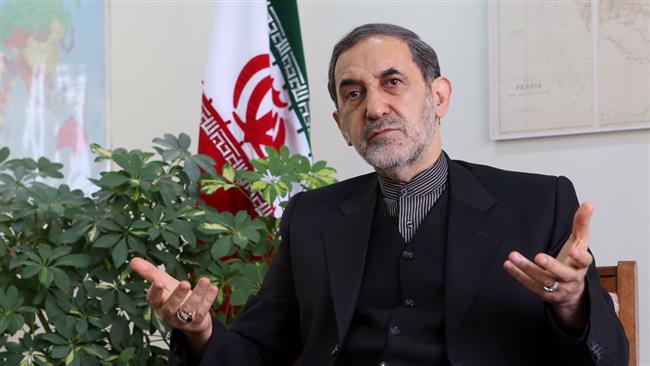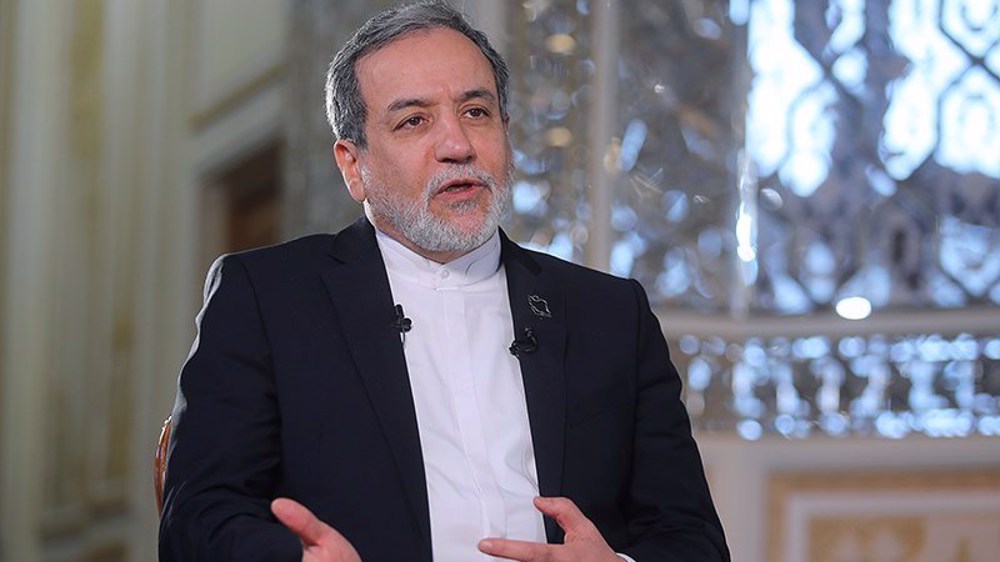Saudi failure in Yemen resembles that of US in Vietnam: Iran official
A senior Iranian official says Saudi Arabia’s failure in the war on Yemen resembles that of the US in Vietnam back in 1970s, rejecting Washington’s claims of Tehran’s arms transfer to Yemeni forces as an attempt to justify the defeat of its allies in the offensive.
“Yemen has turned into another Vietnam for Saudi Arabia, just as Americans suffered a defeat in Vietnam despite being fully equipped and were forced to retreated from Southeast Asia with humiliation,” Ali Akbar Velayati, a senior advisor to Leader of the Islamic Revolution Ayatollah Seyyed Ali Khamenei, said in an interview with the Al-Alam news network on Wednesday.
Velayati said the Saudi war on Yemen comes at a time when the kingdom is grappling with numerous woes, including a budget deficit which has forced the rulers in Riyadh to hold a group of royals captive and take bribes from them in exchange for their freedom under what is claimed to be an anti-graft campaign.
“Neither Saudi Arabia is stronger than Americans, nor are the Yemenis weaker than the Vietnamese,” said the Iranian official, emphasizing that the people of Yemen will eventually emerge victorious.
The Iranian official further dismissed “worthless” remarks by US Ambassador to the United Nations Nikki Haley that an Iranian missile had been used by Yemen’s Houthi Ansarullah movement to target Saudi soil.
Velayati said Iran has not supplied any missiles to Yemen, and that the Arab country does not need any arms as the Yemenis have so far been able to stand against the Saudi aggression with the military equipment they already possess.
The Islamic Republic has, however, been providing the Yemenis with humanitarian assistance and political support, he added.
Velayati also said, “We are not worried about the fact that the world knows Iran has given arms to Iraq, Syria or Lebanon” to confront Daesh and other Takfiri terrorists in the region.

Haley went on live television last Thursday to display debris purportedly from a ballistic missile that had been fired on November 4 from Yemen at an airport in the Saudi capital, Riyadh.
She claimed that the debris was “concrete evidence” that Iran was providing missiles to Yemen.
Tehran categorically rejected those accusations and said the so-called “evidence” presented by Haley had been “fabricated.”
Yemenis, too, said the missiles were domestically built.
Haley repeated those allegations at a meeting of the UN Security Council on Tuesday.
Saudi Arabia and its allies launched the war on Yemen in March 2015 in a bid to crush the Houthi movement and reinstate the former Riyadh-friendly regime, but they have achieved neither of their goals.
The Saudi-led war, which has been accompanied by a naval and aerial blockade on Yemen, has so far killed over 12,000 people and led to a humanitarian crisis as well as a deadly cholera outbreak.
The US has been contributing to the Saudi-led war on Yemen both directly, through intelligence sharing and logistical support, and indirectly, with the sale of billions of dollars worth of arms to the Saudi regime.
While the US military started helping the Saudi-led conflict under command of then President Barack Obama, the cooperation grew dramatically larger under his successor, Donald Trump, who secured major arms deals with the oil-rich kingdom during a trip in May.
The US has also been carrying out airstrikes in Yemen, with Washington claiming to be targeting al-Qaeda militants. Local sources, however, say civilians have been the main victims.
The US military said Wednesday that it had carried out more than 120 airstrikes and “multiple” ground operations in Yemen in 2017.
Araghchi: Iran-Russia strategic deal step toward ‘more just world’
UNRWA unraveled amid Israel's allegations, reduced intl. support
Palestinian journalist, a Sobh Media Festival awardee, killed in Gaza hours before truce
Jan. 15: ‘Axis of Resistance’ operations against Israeli occupation
VIDEO | Fears, hope in Gaza amid intensified ceasefire efforts
VIDEO | Press TV's news headlines
Hamas: Ceasefire agreement result of steadfastness, resistance in Gaza over 15 months
Hamas thanks Iran, Resistance Front following achievement of ceasefire in Gaza











 This makes it easy to access the Press TV website
This makes it easy to access the Press TV website